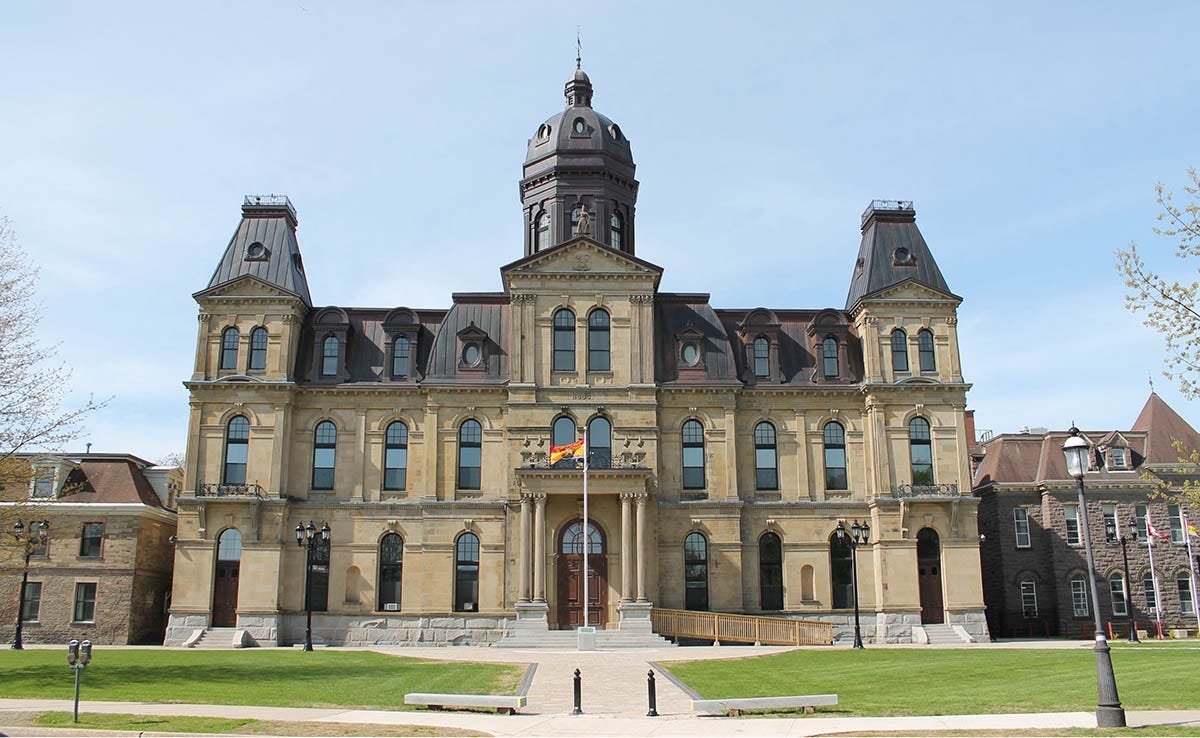IWANUS: Without revenue neutrality, N.B. 'fails to meet the test of open and transparent property taxation'
Columnist highlights importance of property tax system being revenue neutral

Revenue neutral?
What exactly does “revenue neutral” mean, and how does it apply to the property assessment and taxation system in New Brunswick?
Answer: it doesn’t. And it’s one of the issues at the core of our disenchantment and frustration with the system, whether we realize it or not.
As I stated in an interview with CBC News’s Robert Jones during the fall provincial election campaign, the absence of revenue neutrality is absolutely the biggest fiscal problem facing New Brunswick citizen-taxpayers today (I discuss this elsewhere as well).
Revenue neutrality is simply this: when assessments increase by a given percentage from one year to the next, the tax rate is reduced by that same percentage so that the municipality receives the same amount of tax revenue (think of a seesaw). Thus, revenue neutral.
If the municipality needs more money in the subsequent year, it must justify that as a budgetary need. The tax rate is then adjusted upward, just enough to accommodate that. The municipality does not rely on increasing assessments to do the dirty work for it.
Did you think the main issue was high taxes? Well, that may be part of it, but the problem is why taxes increase when assessments do. They don’t in most jurisdictions in Canada, which places New Brunswick among a dubious and problematic set of outliers.
Keep reading with a 7-day free trial
Subscribe to Northumberland Free Press to keep reading this post and get 7 days of free access to the full post archives.




